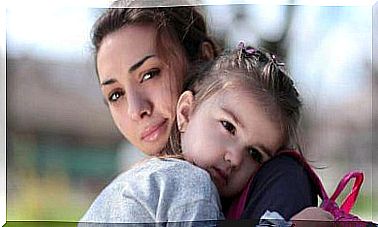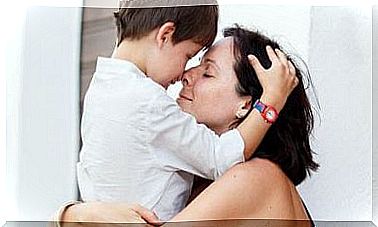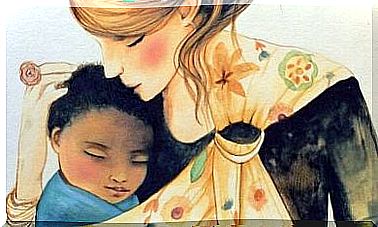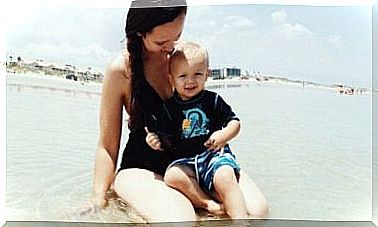Dealing With Child Frustration Properly

Child frustration arises from unmet needs or desires. Frustration is an emotion that we all experience when we are unable to meet our wants, expectations, or goals.
In other words, frustration is inevitable. We all experience them at some point in our lives.
In fact, frustration is one of the emotions we develop at a very young age. Rapid mood swings, from satisfaction to frustration and back, are common in childhood.
In every frustrating situation there is a person, a goal, and some kind of obstacle that prevents us from achieving our goal.
This obstacle can be temporary or insurmountable. At that moment, however, something is preventing us from getting what we want.
Child frustration arises when the child expects some kind of reward.
Frustration can manifest itself in the form of different emotions or a combination: anger, disappointment, sadness, or hopelessness.
Causes of Child Frustration
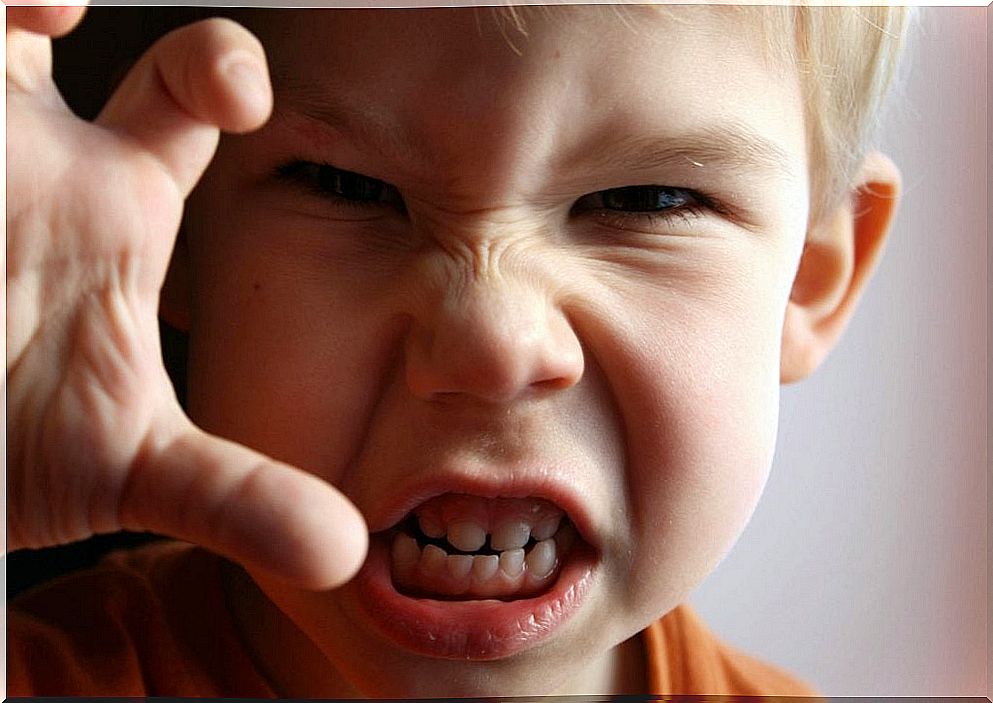
Feelings of frustration can occur at any stage of a child’s development. Here are some of the most common causes:
- stress
- Expectations that are not being met
- Rejection
- Lack of acceptance
- Lack of flexibility
- jealousy
- competitiveness
- perfectionism
- provocation
Fighting child frustration properly
1. Be a role model
Parents with a positive attitude towards overcoming adverse situations are the best role models. Using the example, the children learn to find solutions to their problems.
2. Lesson frustration
Difficult situations are good opportunities for children to learn something new.
If they are able to retain what they have learned, they can solve the problem on their own if it occurs again.
3. Teach perseverance
When children learn that perseverance is the way forward, they can control their frustration in all sorts of situations.
4. Create a culture of effort
To avoid feelings of frustration, teach your child that effort is necessary to solve problems.
5. Don’t coddle your children
Let your children master challenges on their own. That way, they can make mistakes and learn from their experiences.
6. Don’t give in
If you help immediately when your children are frustrated, they will expect you to solve all of their problems.
7. Set goals
Teach your child to tolerate frustration by setting realistic and reasonable goals for yourself.
Develop tolerance for frustration
Frustration tolerance means dealing with the problems and limitations that all little ones experience and overcoming the negative emotions that they can cause.
Fortunately, all children can learn and develop a tolerant attitude towards frustration.
Features of children with high tolerance for frustration
Children with a high tolerance for frustration can deal with a negative situation by their own means.
This means that the child will only experience frustration in extreme situations.
For people with a high tolerance for frustration, life is more comfortable, easier and less stressful.
Problems become new opportunities. There is always the option to turn the page and start over.
These people are able to recognize and accept feelings of frustration, pain, failure, and discomfort without letting them get out of hand.
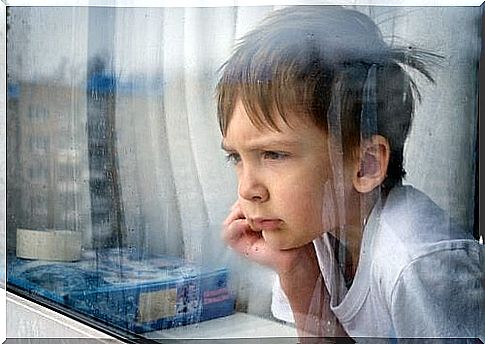
Features of children with low tolerance for frustration
Children with low tolerance for frustration will have difficulty overcoming certain situations. It is easy for you to lose motivation in the face of setbacks.
Children with low frustration tolerance are therefore more likely to be impulsive and impatient.
They are used to having their needs immediately met and are quick to become desperate when faced with conflict or difficulty.
Undoubtedly, feelings of frustration in children are something parents should address.
It is important to remember that frustration tolerance is a skill we can all learn and develop.
If your child can develop a tolerance for frustration, they will be able to cope with whatever life brings. It will lead a happy and fulfilling life.

